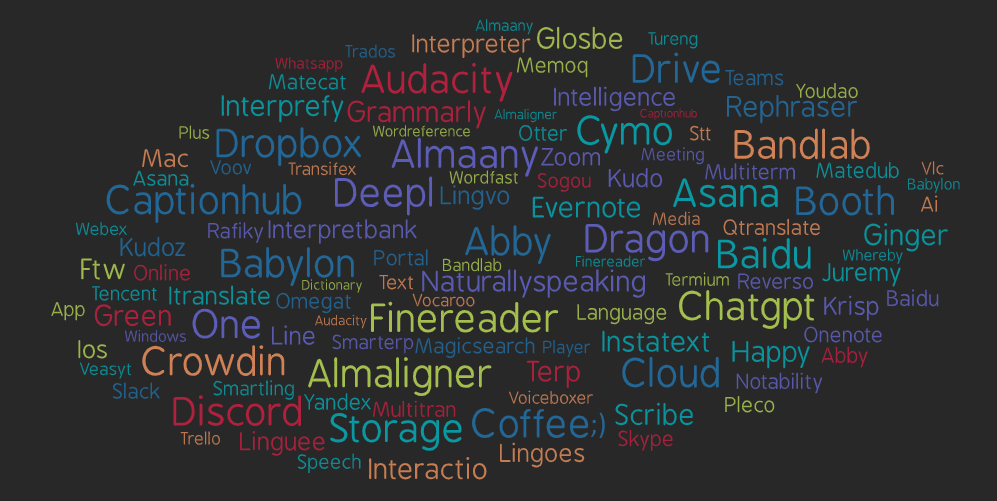If you could travel back in time to when you first started your career as a translator or interpreter, what is the one piece of advice you would give yourself? This question was asked to ProZ.com members, and the responses were enlightening. The tips shared offer valuable insights into what experienced professionals believe would have made their journey smoother and more successful.
Read MoreWhat I wish I knew: lessons learned by experienced professionals
Short, sweet, and memorable
Many language professionals often overlook the importance of a tagline, and some might not even be familiar with the concept. Yet, a well-crafted tagline can be one of the most powerful tools in their marketing. Serving as a mini-summary, a tagline succinctly conveys what a professional does and the value they offer clients—essentially providing an “elevator pitch” in just a few words. A clear tagline not only enhances a linguist’s brand, but also helps make a memorable impression.
Read MoreThe translation industry, like many other fields, thrives on the collective support and collaboration of its members. For women in this sector, building a nurturing community can greatly benefit both their personal and professional development.
In honor of Women in Translation Month (#WITMonth), which focuses on celebrating and advancing the contributions of female translators and the works of women in translation, this article explores how women can create a supportive network to uplift and promote each other’s achievements.
Here are some strategies for women to strengthen their connections and enhance each other's success in this dynamic field:
CAT tools in 2023: part six
The next wave, already upon us: Artificial intelligence
In 2023, the scramble is on to incorporate artificial intelligence (AI) wherever possible. Machine translation (MT) options have already made their way into many or most CAT tools, as advances in MT and translator adoption of its benefits increase. But with the sudden popularization of Large Language Models (LLMs) such as ChatGPT, Bard, Claude, and others, AI may have already come to a CAT tool you own too, and if it has not, it most likely will soon.
Some people have asked, “What’s the fuss?” or “What’s the rush?”
Read More
CAT tools in 2023: part five
Translator recommendations
Just to make sure the reader of this report would not be steered wrong about which CAT tools come most recommended, translators were asked which tool they would recommend to someone who is looking for their first CAT tool. The top ten here are the same as the top ten favorite CAT tools, as you may have guessed.
Read MoreCAT tools in 2023: part four
Tell a friend...
If you are looking for a new CAT tool, having a wider array of options to choose from can be great, but it can also make the decision process more confusing, too. If you are searching for your first CAT tool, feedback from fellow translators on what they use and why is the first thing you might seek out (and is probably why you are reading this, if you are in that situation). But how did those translators giving you recommendations choose their primary CAT tool?
Read MoreCAT tools in 2023: part three
Ten years on... comparisons with the 2013 report
The big players in CAT tools in 2013 are still with us in 2023, but in some cases you will see that popularity and use have changed. MemoQ has moved from third into second position as the most reported CAT tool, for example. Tools such as XTM, MetaTexis, and Wordbee made interesting jumps in the percentages of translators reporting using them. And Memsource, which was relatively very new to the game in 2013, has moved up most notably since then, going on to occupy third place as the most widely-reported CAT tool.
Read MoreCAT tools in 2023: part two
Who uses a CAT tool
Just over 93% of full-time professional translators use at least one CAT tool. Not a surprising percentage, especially if you take into account that ten years ago, the percentage of translators using a CAT tool was already at or above 80%, and the trend has been steadily upward.
Read MoreCAT tools in 2023: part one
The first full ProZ.com report on Computer-aided Translation (CAT) tools was published in 2013. In the last ten years, translation-related technology has changed a lot. And more recently, some things have started to change at a pace which can leave your head spinning. But some things have not changed, at the same time. Let’s get into it.
Read MoreRemote interpreters in 2023: part three
Remote interpreters in 2023: part two
Remote interpreters in 2023: part one
If you read last year’s ProZ.com industry report for freelancers-- or maybe you heard the audio version narrated by Paul Urwin on the ProZ.com podcast-- you may remember that we looked at two main trends that were affecting interpreters...
Read MoreSurvey on rates, earnings, income among language professionals
I am currently running a survey aimed at getting some insight on issues surrounding earnings, income, rates and other financial considerations among language professionals. The survey consists of 25 questions, and takes about eight minutes to complete. Would you be willing to add your input?
Complete the survey at https://www.surveymonkey.com/r/LVBW3X5
Read More
New industry report on CAT tools now available
A follow up to the report on CAT tools from 2013 has been published. A lot has changed in ten years. And other things have not.
What are the "must have" tools of the modern interpreter?
Earlier this year, over a thousand interpreters participated in surveys designed to look at trends, challenges, and opportunities in the current landscape of interpreting. If you are interested in some of the results, along with advice and strategies from experts in the field, be sure you are tuning in to the free online event ProZ.com is hosting for remote interpreters, happening this Tuesday, March 28th.
One question interpreters were asked was:
"What hardware or software would you consider as part of your list of 'must haves' for the modern interpreter?"
A lot of recommendations were made, and so I thought it might be fun to share a compiled list of those recommendations, and maybe also build off it, to create a more or less comprehensive list of tools that anyone can go through to get ideas which might help improve how they work.
Read More


.jpeg)

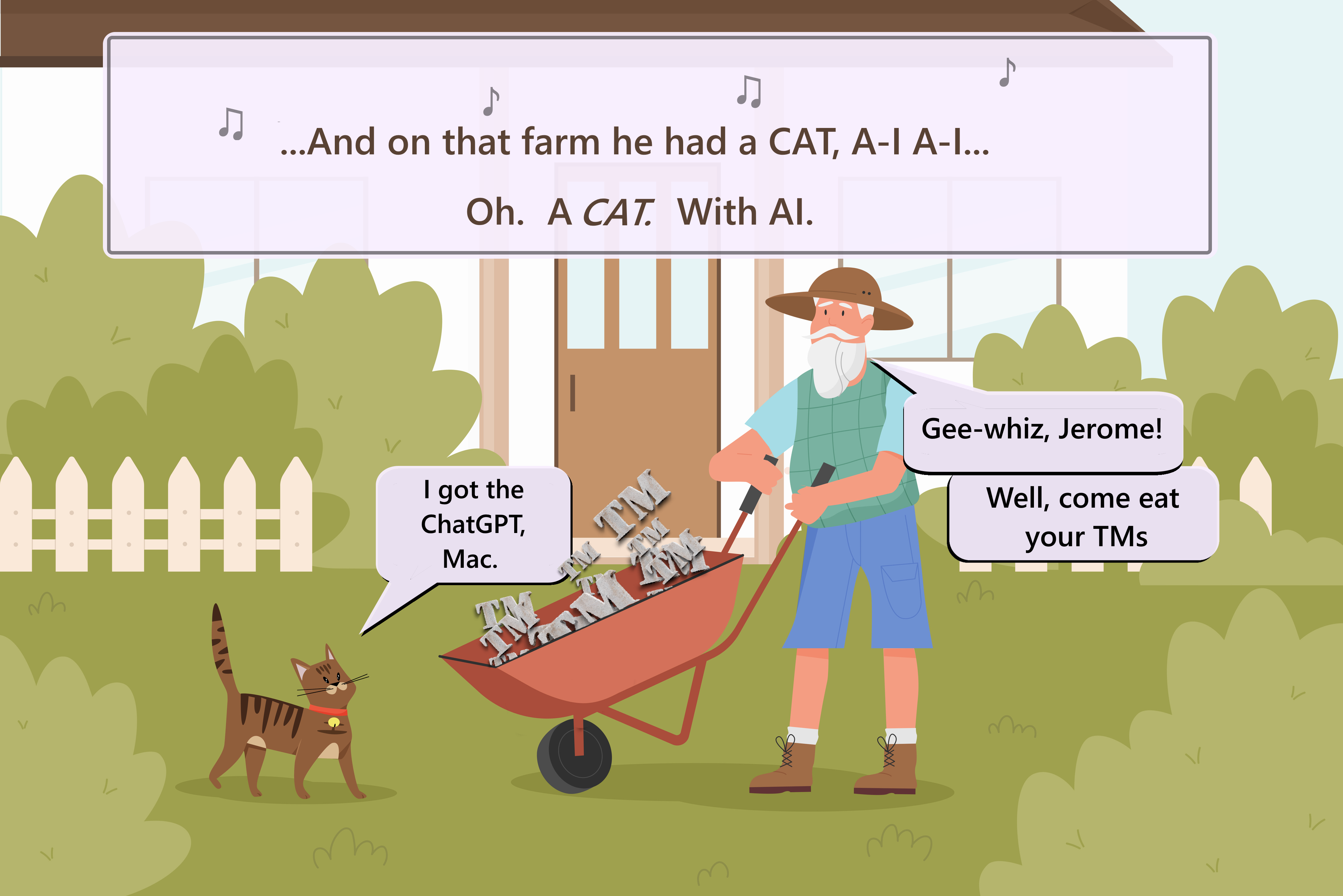
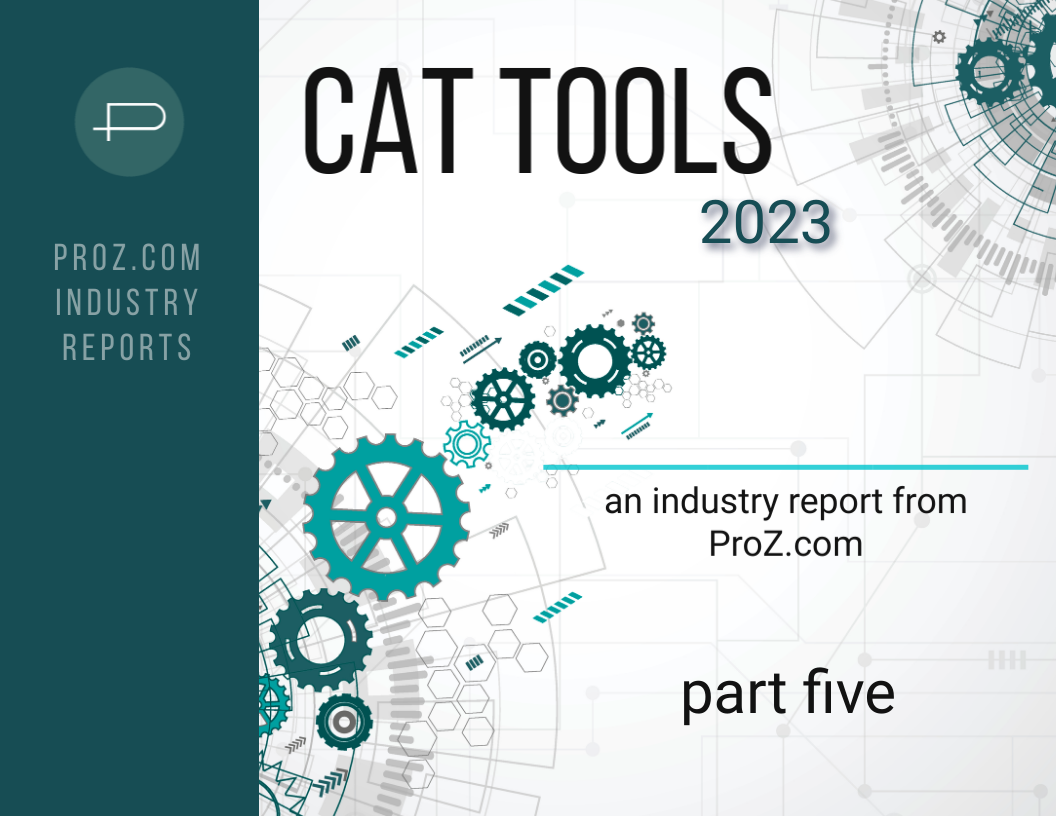
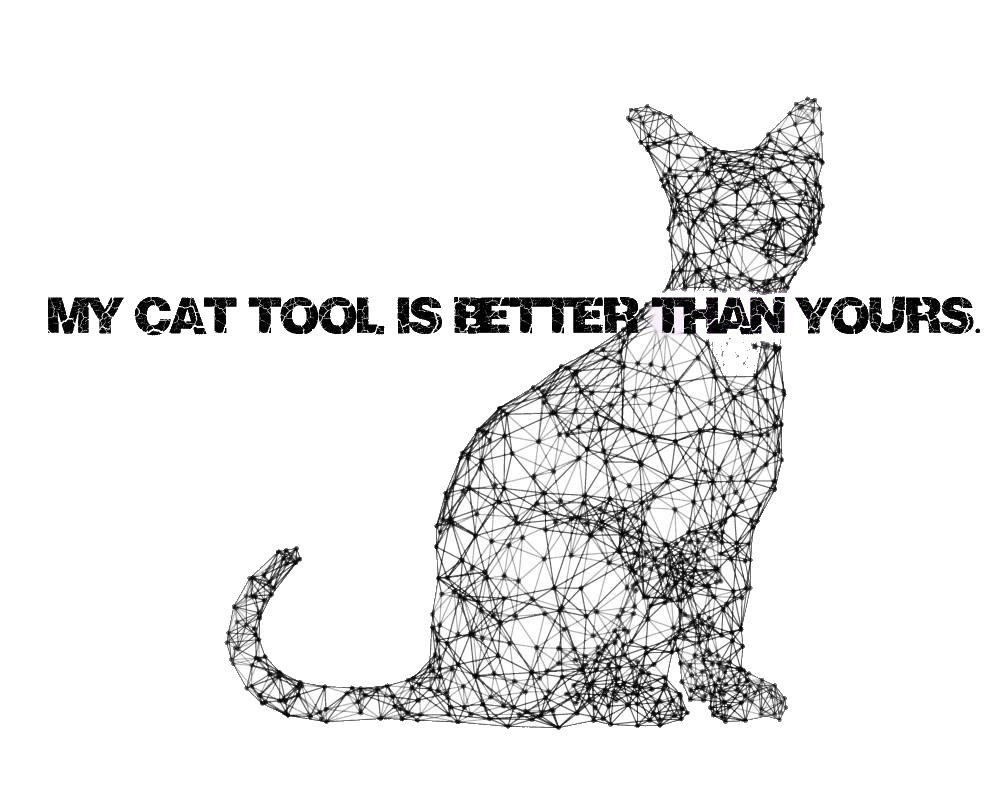
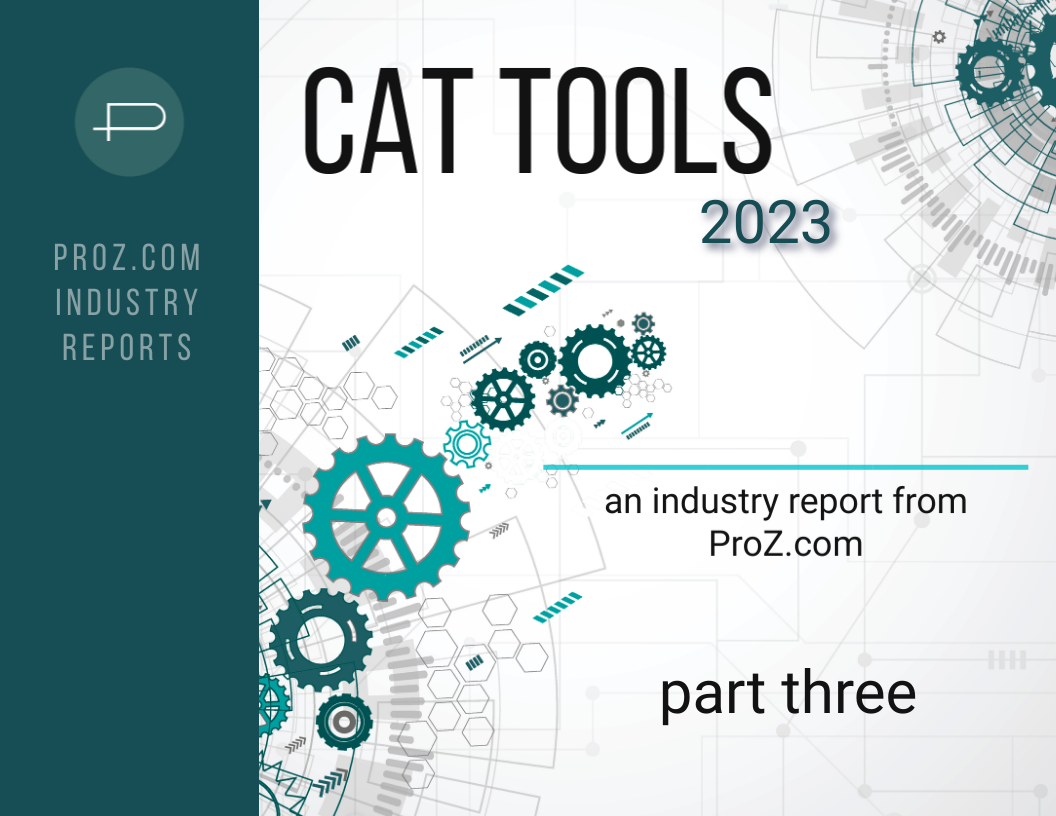
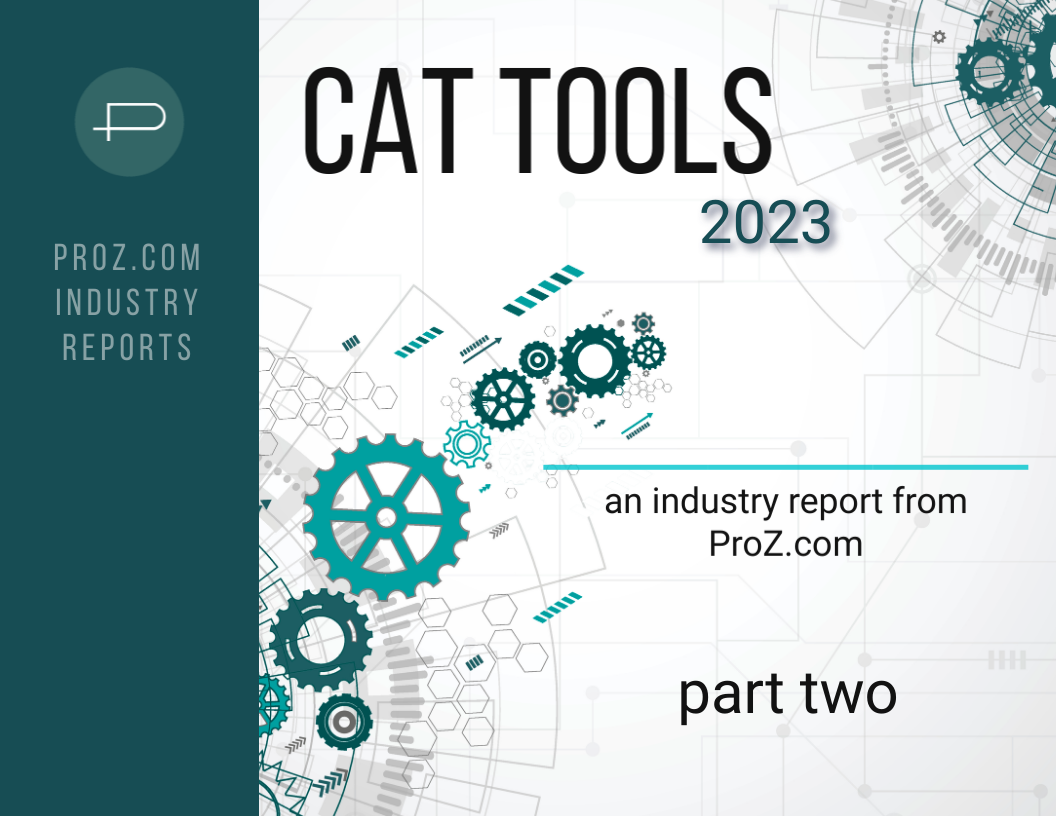
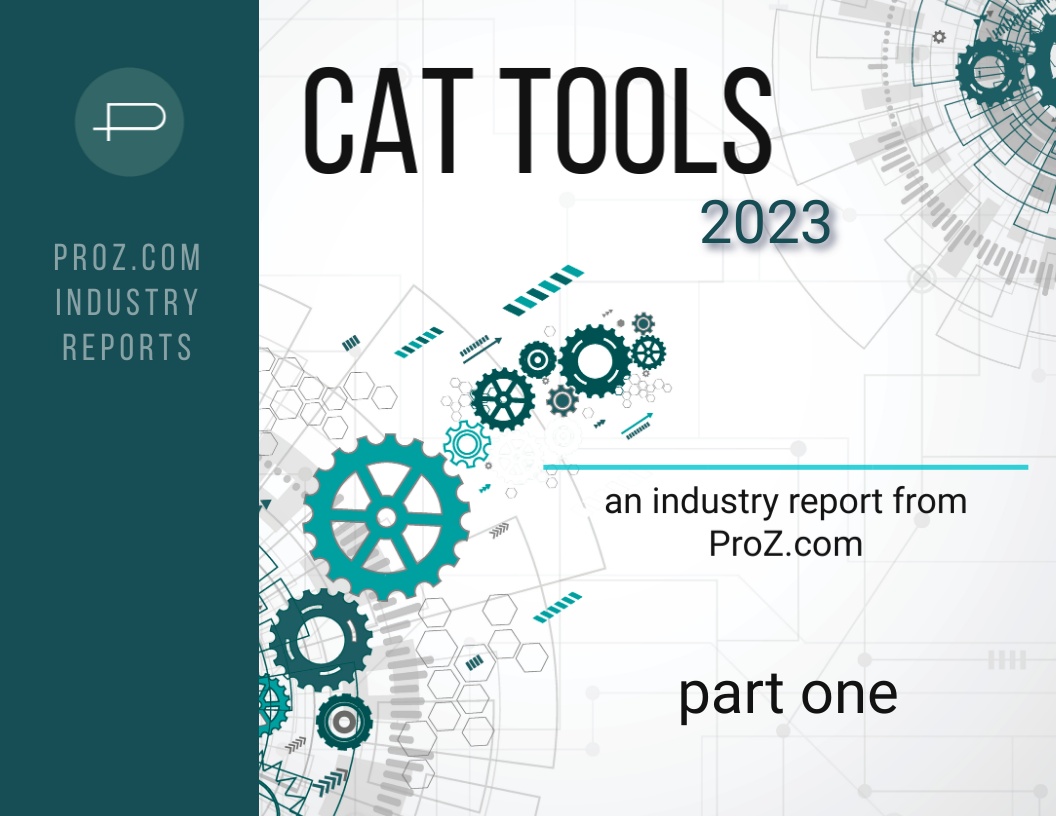
.png)
.png)
.png)


